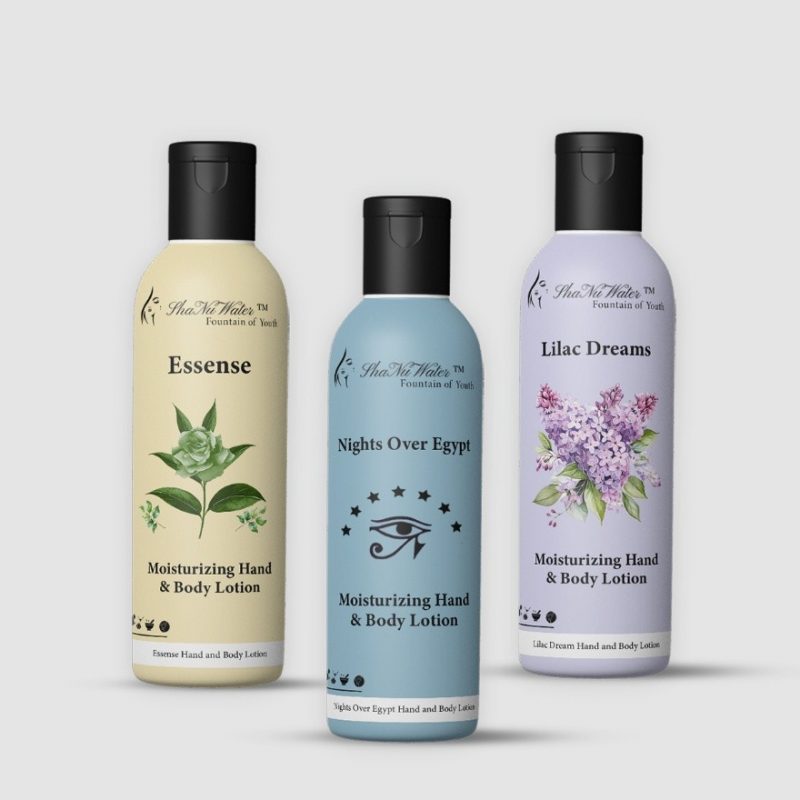Blog
The Devastating Impact of Stress Internally and Externally.
Stress can wreak havoc on our appearance leading to:
Deep lines and wrinkles due to neglect, and given way to dry, dull, lack of hydration, tired-looking skin, and an aged appearance. Uneven skin tone, acne breakouts, dry skin rashes, puffiness, and dark circles under the eyes.
Stress is an emotional cursor that can take you on a roller coaster ride of extreme highs and lows. It is important to get them under control, or system malfunctions will cause internal damage to our physical health. Some of the symptoms of stress are headaches, the inability to think clearly and concentrate, and the inability to fall asleep. A nervous stomach; the brain might fool you into thinking that by feeding the unease with food, the anxiety will go away. Be mindful of this false flag and limit your food intake. Drink 8 ounces of water before eating, this will help your stomach feel full and reduce the amount of food you eat. On the flipside, make sure to eat something and drink fluids to aid mental concentration and energy level.
Dry – flakiness
to the skin tells the body that it’s not getting adequate amounts of water for hydration, nor eating properly. The dryness on the face cannot be hidden. Even by layering on lotion or cream. The skin will look starved for hydration, drained. You don’t want to look ill, if you’re not.
Another symptom of dehydrated skin is:
Dry skin acne, also known as “dry acne” or “acne on dry skin,” occurs when the skin’s natural moisture barrier is disrupted, leading to clogged pores, inflammation, and acne breakouts. This type of acne is common during the winter months or in dry environments, and can affect anyone, regardless of skin type.

Causes of Dry Skin Acne:
1. Dehydration*: When the skin lacks moisture, it can become irritated, leading to inflammation and acne.
2. Harsh skincare products*: Using products that strip the skin of its natural oils can disrupt the skin’s barrier function.
3. Cold weather*: Low humidity and cold temperatures can dry out the skin.
4. Genetics*: Some people may be more prone to dry skin acne due to their genetic makeup.
5. Hormonal changes*: Hormonal fluctuations can lead to changes in skin texture and increase the risk of acne.
Symptoms of Dry Skin Acne:
1. Red, inflamed bumps: Acne breakouts can appear as red, inflamed bumps on the skin.2. Dry, flaky skin: The skin may feel tight, dry, and flaky, especially around the affected areas.3. Itchiness: Dry skin acne can cause itchiness and discomfort.

How to Relieve Dry Skin Acne:
1. Moisturize: Use a gentle, non-comedogenic moisturizer to help lock in moisture and soothe dry skin.
2. Exfoliate carefully: Exfoliate once or twice a week to remove dead skin cells and unclog pores. Use a gentle exfoliating scrub or a chemical exfoliant containing alpha-hydroxy acids (AHAs) or beta-hydroxy acids (BHAs).
3. Use gentle skincare products*: Avoid using harsh products that can strip the skin of its natural oils. Instead, opt for gentle, fragrance-free products.
4. Stay hydrated: Drink plenty of water to help keep your skin hydrated from the inside out. 5. Avoid picking or popping pimples: This can lead to further inflammation, scarring, and prolonged healing time.
6. Consider a humidifier: Dry air can exacerbate dry skin acne. Using a humidifier can help add moisture back into the air.
7. When to seek Medical Advice: If your dry skin acne persists or worsens, consult a dermatologist for personalized advice and treatment.

The Solution for Combating Stress.
Stress comes from emotional anxiety. Try and think of what brought on the discomfort. Find a quiet place, sit, or lay down. Take some deep breaths, relax, and as calmly as possible, begin to think through your day’s events. Continue to take deep breaths, until you start to relax, and your heart begins to slow down.



